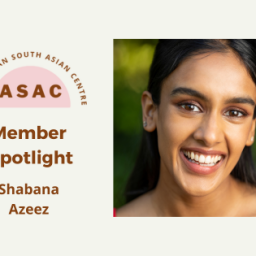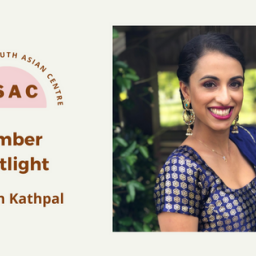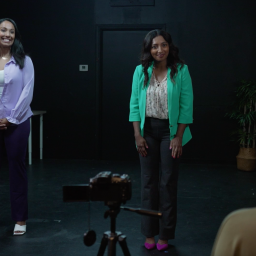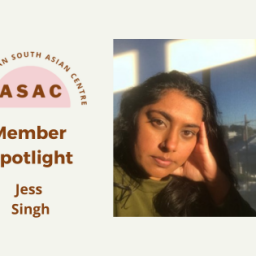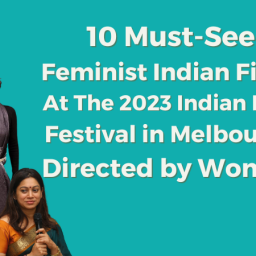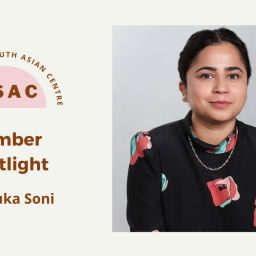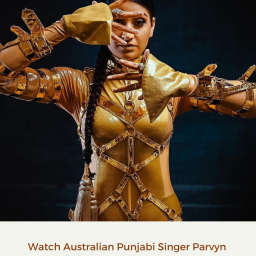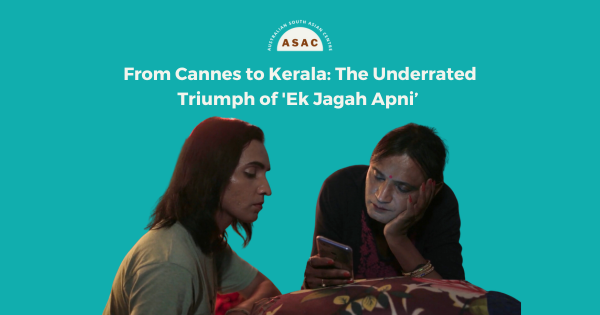
Written by Reshma Madhi
From Cannes to Kerala: The Underrated Triumph of ‘Ek Jagah Apni’ (A Place Of Our Own)
A film about trans women, and their struggle for a home of their own.
Trans actresses Manisha Soni and Muskan make their acting debut as protagonists Laila and Roshni, two friends house-hunting in the city of Bhopal, Madhya Pradesh.
It’s a mundane premise, yet they are challenged at every turn for wanting to claim the right to rent a decent apartment.
Produced and directed by Ektara Collective, a group of diverse filmmakers who have come together as co-writers, cast and crew to create a shared artistic vision, inspired by their own real-life experiences.
The film goes powerfully against typical mainstream cinema. Shot on location in Bhopal, the naturalistic style starkly reflects reality (overcast skies and average-looking apartment blocks), while a cast of first time, non-professional actors playing characters true to their real-life identities, provides an authentic trans-queer gaze.
As they hustle and struggle to simply rent an apartment, we observe the friends face the full spectrum of prejudice, from patronising comments, photographs taken without permission, misogynistic leering and exploitative landlords, to blatant hostility and horrific violence.
Hypocrisy and ignorance come from both men and women, who are equally threatened by these upfront, intelligent trans women, while their contributions to society, through their jobs and activism, remain invisible and ignored.
Laila is conflicted with being true to her identity and loyalty to her family of origin, while Roshni carefully hides her identity in order to protect her job as a domestic help for a self-indulgent family of a government official.
They choose the path of refusing to give in. It’s a lonely one that also risks danger.
One of their few genuine friends is Sharukh – a beacon of hope as an average man who learns from and accepts them, and also appears to have some glimpses of genuine chemistry and affection with Laila. It’s one of the few spaces, alongside where Laila works and the Q&A event where they debunk any misconceptions on being a trans-woman before a receptive, liberal audience.
As the search for a home continues, new friendships emerge with those also having to face being true to themselves versus pleasing societal expectations. It’s their solidarity and sense of new-found family that empowers them to support Roshni when she faces horrific violence at the hands of her drunken boss – using the power of social media to leak evidence online.
Towards the end of the film, the boss’s wife makes a peace offering in an attempt to get the case dropped against the family. Roshni demonstrates her incredible resilience – counter-arguing that she’s a hypocrite for giving a damn only when the situation is relevant to her.
It’s the power of the new-found family that helps them finally obtain a home but even here have to face ignorant questioning from new neighbours, “What will you do here?”
One of the final films to be shown during Indian Film Festival Melbourne, which festival director Mitu Bhowmick had promised would offer diverse storytelling from the subcontinent, in particular, female filmmakers and LGBTQ representation.
This reflects a growing trend towards more authentic representation in mainstream Bollywood (although there is still some way to go). Take Ek Ladki Ko Dekha Toh Aisa Laga (2019), starring Sonam Ahuja, who plays a daughter attempting to come out to her parents, played by Anil Kapoor and Juhi Chawla, while the critically acclaimed Fire (1998), directed by Deepa Mehta and starring Shabana Azmi and Nandita Das, was met with both homophobic backlash and criticism from some queer activists at the time of release but remains groundbreaking as one of the first Bollywood films to feature a lesbian relationship.
Ultimately, Indian society (and its diaspora both here in Australia and globally) are still highly conservative when it comes to mainstream promotion and acceptance of diverse communities within society. This was reflected in the sadly sparse audience I sat in. It failed to draw the crowds in Melbourne, yet, this was an independent film that had screened at Cannes and later at the International Film Festival of Kerala.
It deserves more coverage and promotion for breaking away from patronising mainstream depictions of the LGBTQIA+ community, to make cinema more representative and authentic – perhaps something IFFM can build on as it demonstrates more diverse representation in its selection of films from the subcontinent.
——–
South Asian Women in Film and TV | South Asian Screen Writers | South Asian Women in Comedy | Indian Films | Indian Film Makers | Trans Film Makers



